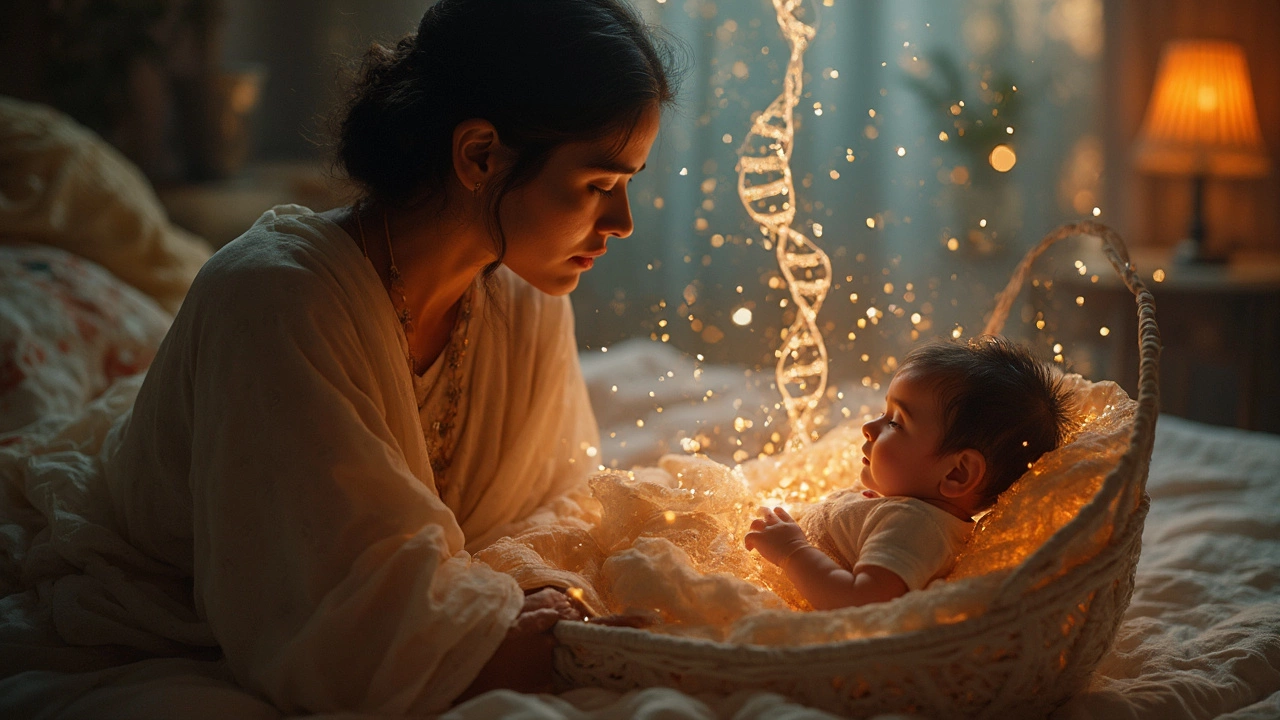Genetics in India: How DNA, Heredity, and Modern Medicine Are Changing Healthcare
When we talk about genetics, the study of how traits and diseases are passed down through genes. Also known as heredity, it’s no longer just about eye color or height—it’s the foundation of modern diagnosis and treatment in India’s growing healthcare system. Every person carries thousands of genetic instructions, and when something goes wrong in those instructions, it can lead to cancer, diabetes, heart disease, or rare disorders. What’s new is that doctors in India are now using genetic testing to spot these risks before symptoms even show up.
Genetics doesn’t work alone. It connects directly to DNA, the molecule that holds your biological blueprint. In cities like Bangalore and Delhi, labs are sequencing patient DNA to find mutations linked to breast cancer, thalassemia, or even drug reactions. This isn’t science fiction—it’s happening in hospitals today. And because India has one of the world’s most diverse gene pools, studying local populations helps scientists understand diseases better than ever before. That’s why genetic testing is becoming more affordable and accessible, even outside big cities.
Then there’s personalized medicine, tailoring treatments based on your unique genetic makeup. Instead of giving everyone the same diabetes drug, doctors can now check if your genes make you more likely to respond to Metformin—or if you’d be better off with something else. This same logic applies to cancer treatment. One person’s chemotherapy might work wonders, while another’s body rejects it because of a genetic quirk. That’s why posts on this page cover everything from deadly cancers and chemo outcomes to weight loss drugs like Ozempic and Wegovy—because your genes influence how your body reacts to every pill, diet, or injection.
And it’s not just about drugs. Your genes affect how you process turmeric, how your body handles inflammation, even how you respond to stress. That’s why Ayurvedic diets and herbal supplements show different results for different people. One person’s dosha balance might be tied to a genetic variation in metabolism. Genetics explains why what works for Melissa McCarthy’s weight loss might not work for you—and why some people need different doses of medication just to stay healthy.
What you’ll find here isn’t theory. It’s real stories from Indian patients, doctors, and researchers who are using genetics to make smarter choices. Whether you’re worried about inherited risks, confused by conflicting health advice, or just trying to understand why your body reacts the way it does—this collection gives you the facts without the fluff. You’ll see how genetics ties into cancer survival, diabetes meds, herbal supplements, and even mental health. No jargon. No guesswork. Just clear connections between your genes and your health.
Do IVF Babies Have Mom's DNA?
If you've ever wondered whether IVF babies have the DNA of their biological mother, you're not alone. With advancements in reproductive technology, the question becomes increasingly relevant. This article offers insights into the genetic connection between mothers and their IVF-conceived children. We discuss how IVF works, the role of DNA in the process, and any potential differences from naturally conceived pregnancies.
read more
